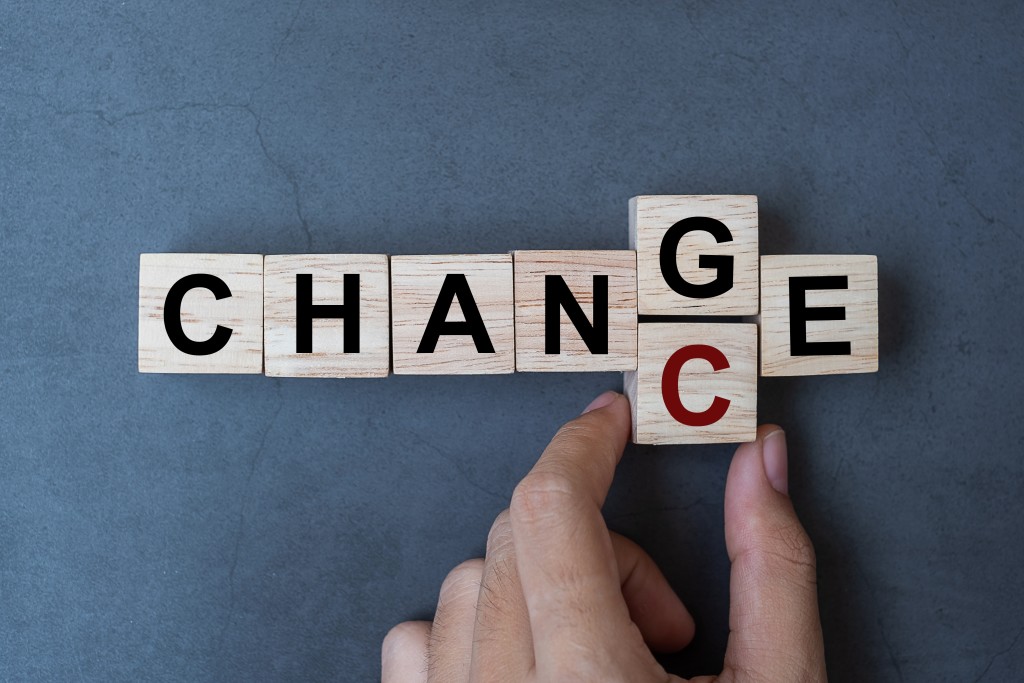
Learning Supporting Change
We change all the time. Therefore, this is not interesting per se. For the company and organization, the direction of the change is, of course, relevant – but as we see, the awareness of the change and the learning from it plays an essential, and also sometimes very overlooked, role in the successful change project.
… the company or organization that gradually changes has not learned anything as such – it has just been through a change process.
This quote by Lars Qvortrup, Dean at DPU Aarhus University, says it all. Changing is not the same as learning from change. Learning only becomes learning as such when the learner is aware of her learning. And thus, when organizations learn it becomes a so-called collective self-change.
Working With Knowledge
This is one of the reasons why working with change is such an interesting, but complex field. When organizations need to implement change, they can focus on driving the change to reach the goal. But if the change is just forced through, the failure rate is very high. A common reason for this lack of success is when the change is not supported by learning in the organization – which counts learning of new behaviour as well as un-learning of undesirable habits.
Basically, with an acknowledgement that organizations consist of structures and people, the organizational structure must support ongoing learning, which means to give the employees – especially those working with knowledge – room to manoeuvre in order to learn new skills and develop in their work.
The Learning Organization
And if the structure of the organization is successfully supporting ongoing learning and development, we can call it a ‘learning organization’. But the learning organization is only complete when people inside the organization are willing and able to learn – and as a necessary condition of learning, are aware that they have learned.
The Paradox Of Learning
The paradox is that we learn the most from experience and practice doing. And even though formal courses and education are not the most efficient way of learning, they have the benefit of sparking reflection – and give us awareness of the learning we absorb.
In the eye of this paradox, we believe that the combination of practical learning and discussion as well as reflection, supported by online tools, will be the most efficient way to encourage workplace learning of individuals in the organization, which then can establish a collective self-change in the learning organization. When the organizational structure and culture are built on this background, the new change initiatives can be part of ongoing development and not an instruction to resist and oppose.
Learning to Change
We experience when an organization really works hard to implement a change and begin to work on the people side of change and the cultural perspective of ‘how to deal with change’ that the change initiatives to come are much easier to implement and accomplish for the organization. Most likely, the reason for this is that the organization has learned from the change process and the learning can be used and applied to some extent in new change processes.
TL;DR / "too long; didn't read”: Going through change is not the same as learning from change. Succeeding to implement a change in the organization, and at the same time learning from it, will open up for easier and more efficient change processes ahead.
